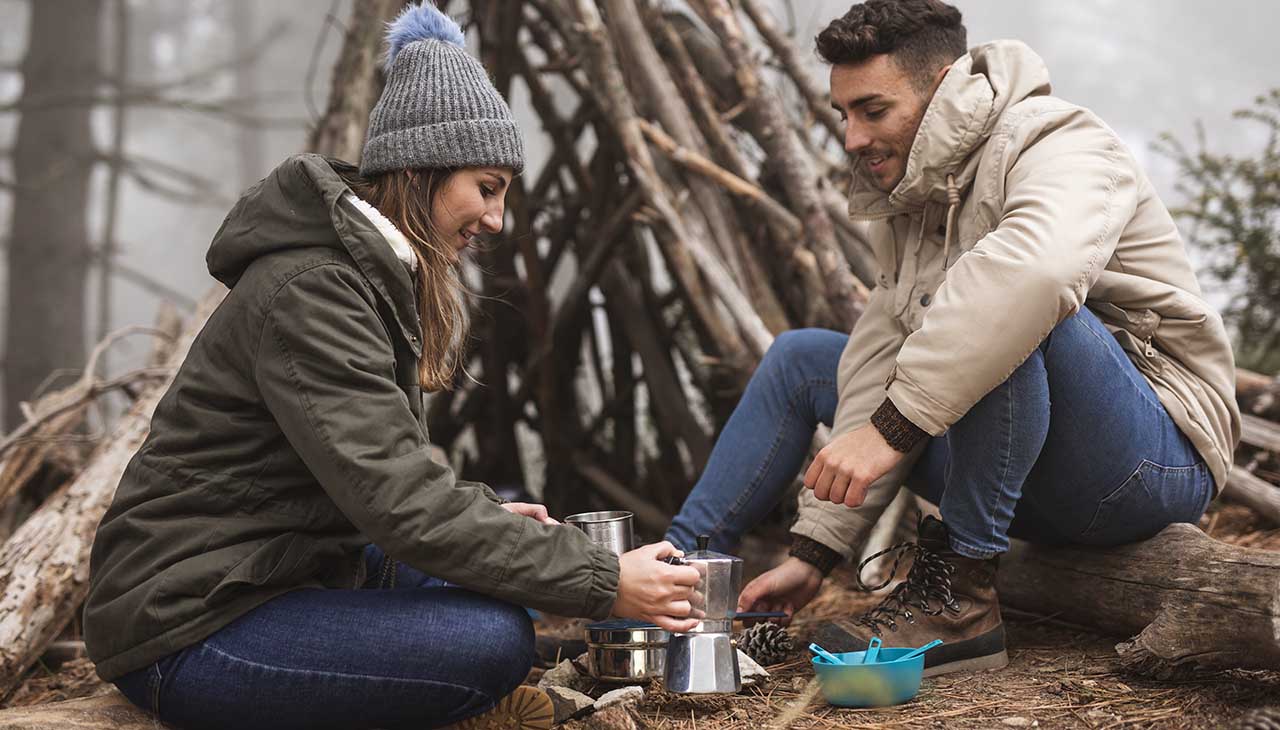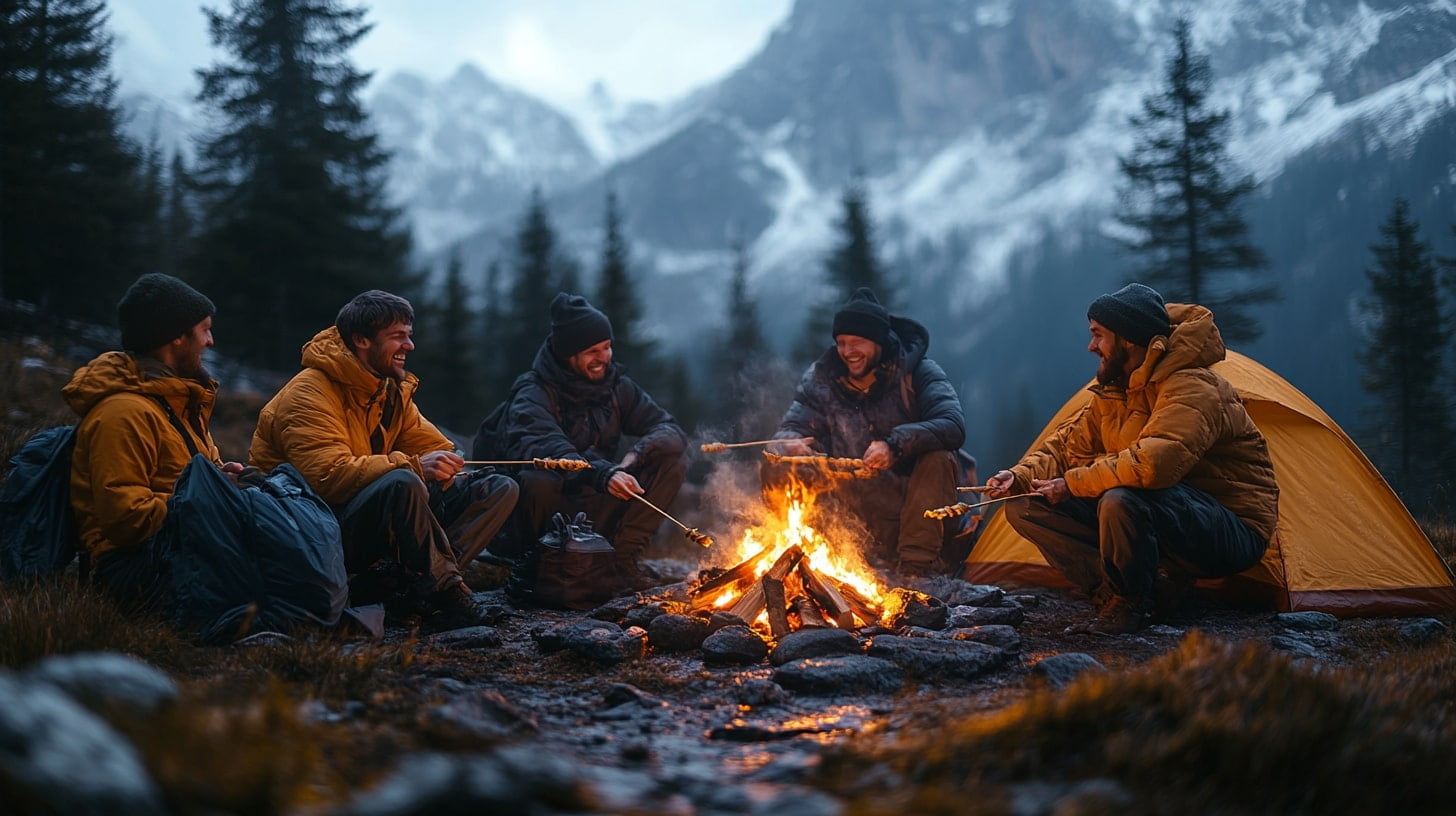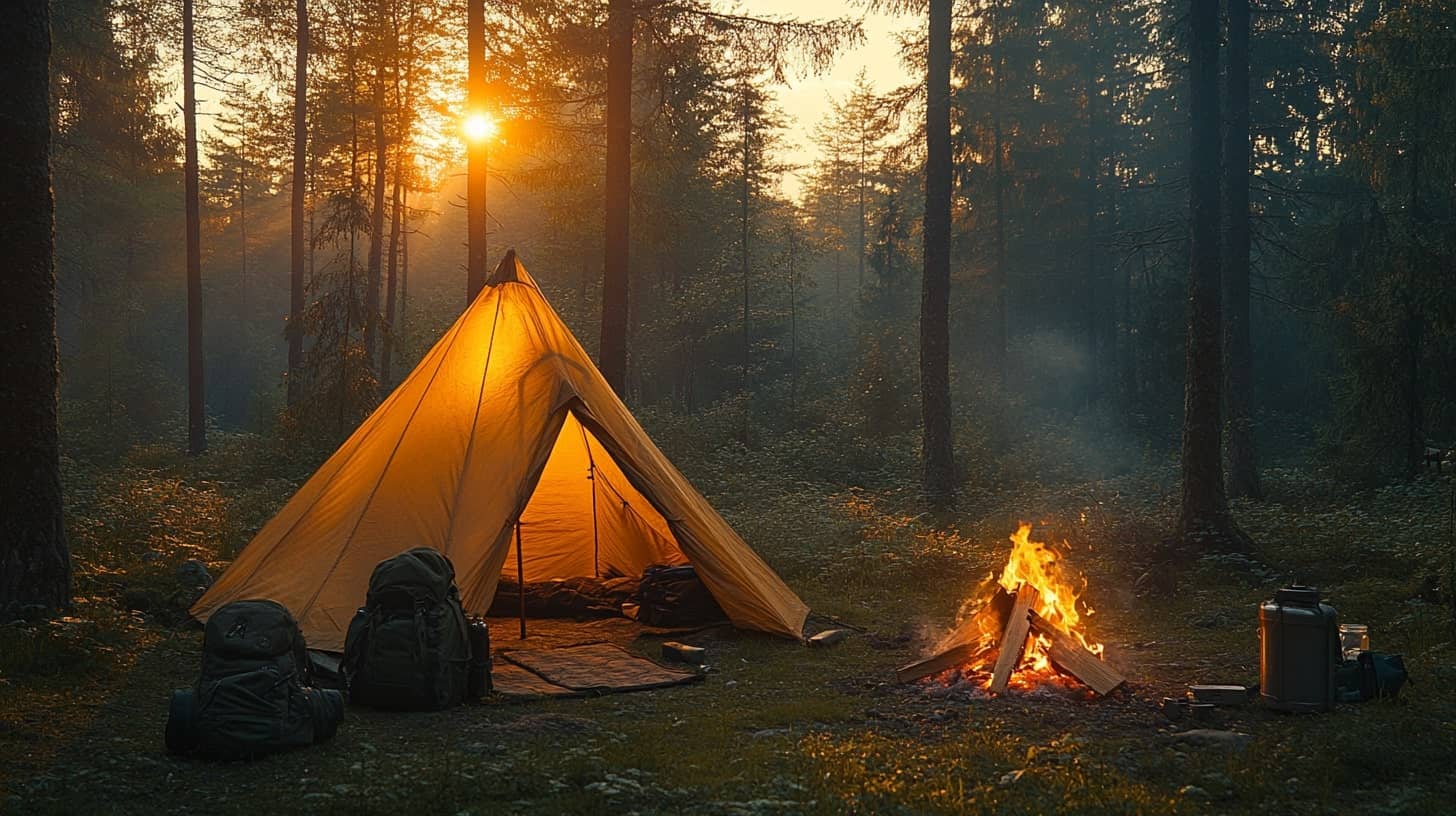Introduction
Venturing into the wild is a thrilling experience that offers a unique connection with nature and an escape from the hustle and bustle of everyday life. However, the beauty and tranquility of the wilderness can quickly turn perilous if you’re not prepared. Whether you’re an avid hiker, camper, or aspiring survivalist, learning essential survival skills is crucial to ensure your safety and well-being in the great outdoors. In this blog post, we’ll cover the fundamental skills every wilderness enthusiast should master, the essential gear you’ll need, and how to mentally prepare for survival situations.
Essential Survival Skills
Shelter Building
One of the first priorities in a survival situation is to find or create shelter to protect yourself from the elements. Exposure to harsh weather conditions can lead to hypothermia or heatstroke, making shelter a critical component of survival.
Techniques for Creating Sturdy Shelters:
- Lean-To Shelter: A simple yet effective structure that uses a sturdy branch or log propped against a tree, covered with branches, leaves, and other natural materials.
- Debris Hut: Constructed using a framework of sticks covered with leaves, moss, and other insulating materials, a debris hut provides excellent protection from the cold.
- Tarp Shelter: If you have a tarp or poncho, you can create a variety of shelters by securing it with paracord or rope to trees or sturdy objects.
Fire Starting
Fire is essential for warmth, cooking, and signaling for help. Knowing how to start a fire without matches is a critical survival skill.
Methods for Starting a Fire:
- Friction Methods: Techniques like the bow drill or hand drill involve creating friction between two pieces of wood to generate an ember.
- Spark-Based Methods: Using a ferrocerium rod (ferro rod) or flint and steel to produce sparks that ignite tinder.
- Chemical Methods: Combining certain chemicals, such as potassium permanganate and glycerin, can produce a flame. However, this method requires specific knowledge and materials.
Water Sourcing and Purification
Finding and purifying water is vital to prevent dehydration and waterborne illnesses. The human body can survive longer without food than without water, making this an essential skill.
Strategies for Finding and Purifying Water:
- Sourcing Water: Look for natural sources such as rivers, streams, and lakes. Collect rainwater or dew, and be mindful of where animals congregate, as they often lead to water sources.
- Purification Methods: Boiling water for at least one minute kills most pathogens. Portable water filters, purification tablets, and UV light devices are also effective. If these options aren’t available, consider creating a basic filter using layers of sand, charcoal, and gravel before boiling.
Navigation
Getting lost in the wilderness can be a daunting experience. Basic navigation skills are essential for finding your way and avoiding potentially dangerous situations.
Basic Navigation Skills:
- Using a Map and Compass: Learn how to read topographic maps, identify landmarks, and use a compass to determine direction and plot a course.
- Natural Navigation Techniques: Observe the position of the sun and stars, the growth patterns of vegetation, and the flow of rivers to maintain orientation.
First Aid
Accidents and injuries can happen at any time. Knowing how to administer basic first aid can make a significant difference in a survival situation.
Key First Aid Skills:
- Wound Care: Clean and dress wounds to prevent infection. Learn how to create improvised bandages and splints.
- CPR and Rescue Breathing: Basic knowledge of cardiopulmonary resuscitation (CPR) and rescue breathing can save lives.
- Treating Common Injuries: Understand how to treat fractures, sprains, burns, and insect bites using available resources.
Gear and Tools
Must-Have Items for Survival Kits
Having the right gear can significantly enhance your chances of survival. Here are some must-have items for your survival kit:
- Multi-Tool or Knife: A versatile tool for cutting, building, and preparing food.
- Fire Starter: Matches, lighters, ferro rods, or waterproof fire starters.
- Water Filter or Purification Tablets: Essential for ensuring safe drinking water.
- First Aid Kit: A comprehensive kit with bandages, antiseptics, and medications.
- Emergency Blanket: Lightweight and compact, it provides warmth and shelter.
- Navigation Tools: Map, compass, and GPS device.
- Paracord: Strong and versatile, useful for building shelters, securing gear, and more.
- Signal Mirror and Whistle: For signaling rescuers in emergencies.
Tips for Selecting and Maintaining Gear
Selecting high-quality gear is essential for reliability in survival situations. Regularly inspect and maintain your equipment to ensure it’s in good working condition. Keep sharp tools sharpened, replace expired items in your first aid kit, and test your fire-starting methods periodically.
Mental Preparedness
The Importance of Staying Calm
In a survival situation, your mental state can be your greatest asset or your worst enemy. Staying calm and making rational decisions are crucial for survival. Panic can lead to poor judgment and mistakes that could be fatal.
Strategies for Maintaining a Positive Mindset
- Stay Focused: Concentrate on immediate tasks and set small, achievable goals.
- Practice Mindfulness: Techniques such as deep breathing and meditation can help reduce stress and anxiety.
- Stay Positive: Maintaining a positive outlook can boost your morale and increase your chances of survival. Remember past successes and visualize positive outcomes.
Training and Resources
Recommendations for Formal Survival Training Programs
Investing in formal survival training can provide hands-on experience and confidence in your skills. Look for reputable programs that cover a wide range of survival scenarios and skills.
- NOLS (National Outdoor Leadership School): Offers comprehensive wilderness survival courses.
- Survivor School: Provides specialized training in various survival techniques.
- REI Outdoor School: Offers classes and workshops on essential outdoor skills.
Recommended Wilderness Survival Books
Expand your knowledge with these highly regarded survival books:
- “SAS Survival Handbook” by John ‘Lofty’ Wiseman: A comprehensive guide covering all aspects of survival.
- “Bushcraft 101” by Dave Canterbury: Focuses on traditional skills and advanced survival techniques.
- “98.6 Degrees: The Art of Keeping Your Ass Alive” by Cody Lundin: Offers practical advice and insights on survival psychology.
Conclusion
Mastering essential survival skills is a journey that requires dedication, practice, and a willingness to learn. By building shelters, starting fires, sourcing and purifying water, navigating the wilderness, and administering first aid, you’ll be well-prepared for whatever challenges you may face. Equip yourself with the right gear, maintain a positive mindset, and continuously seek out training and resources to enhance your skills.
Being prepared not only ensures your safety but also enriches your outdoor adventures, allowing you to explore the wilderness with confidence. So, take the first step today—practice your skills, gather your gear, and embark on your next adventure knowing you’re ready for anything nature throws your way.
Have a survival story or tip to share? We’d love to hear from you! Leave a comment below or join our community of outdoor enthusiasts and survivalists.Call-to-Action: Sign up for our newsletter to receive more survival tips, gear reviews, and adventure inspiration straight to your inbox!




